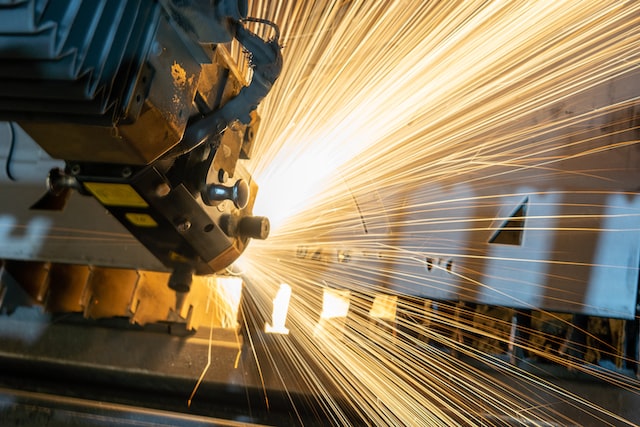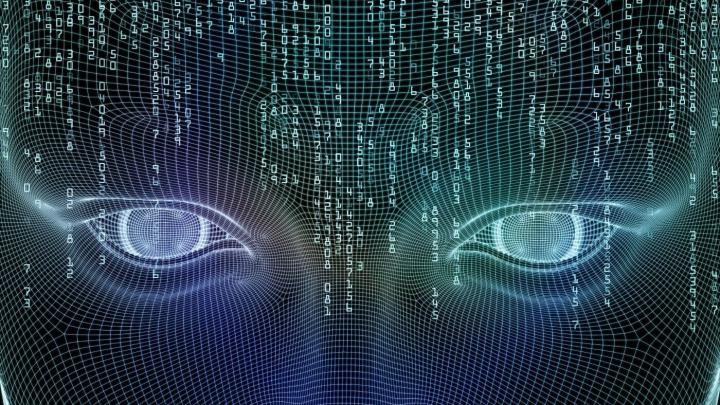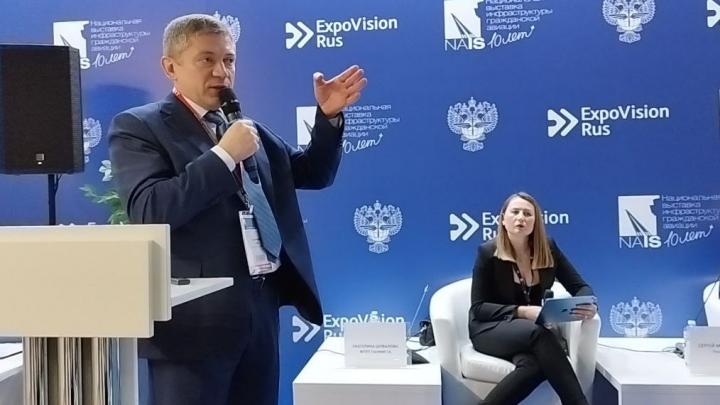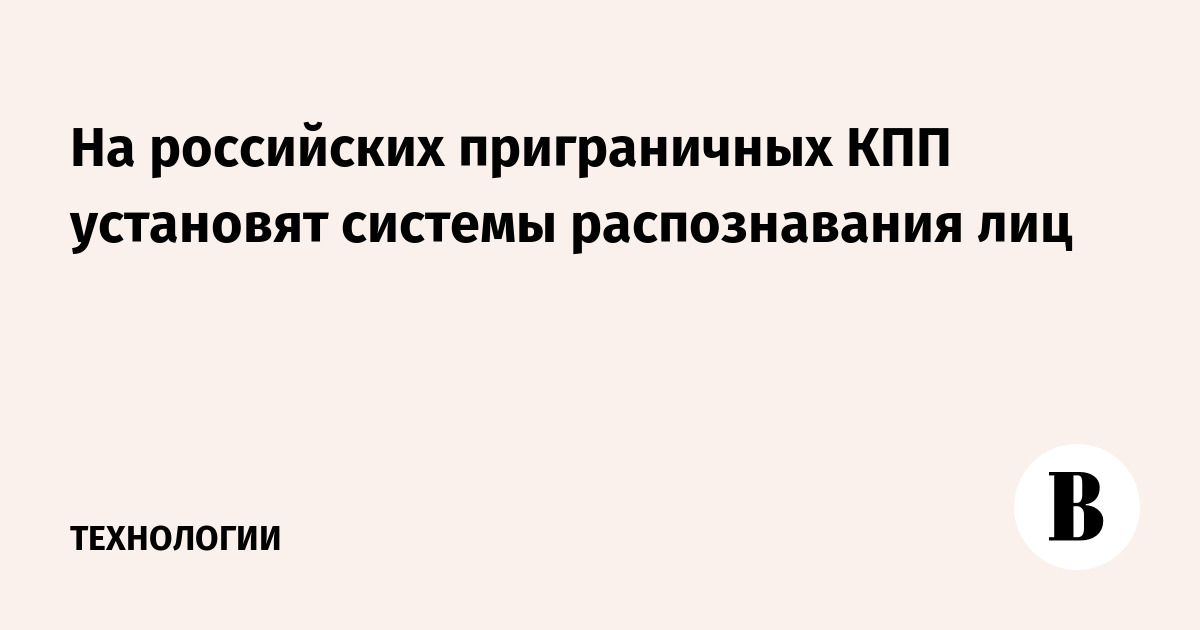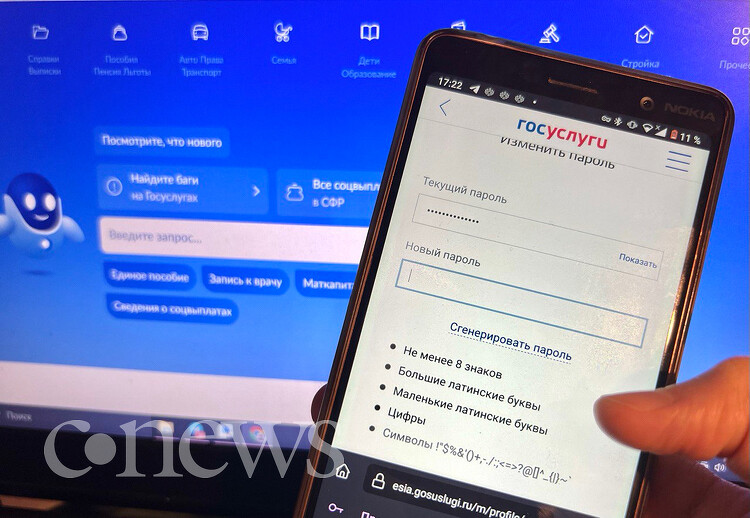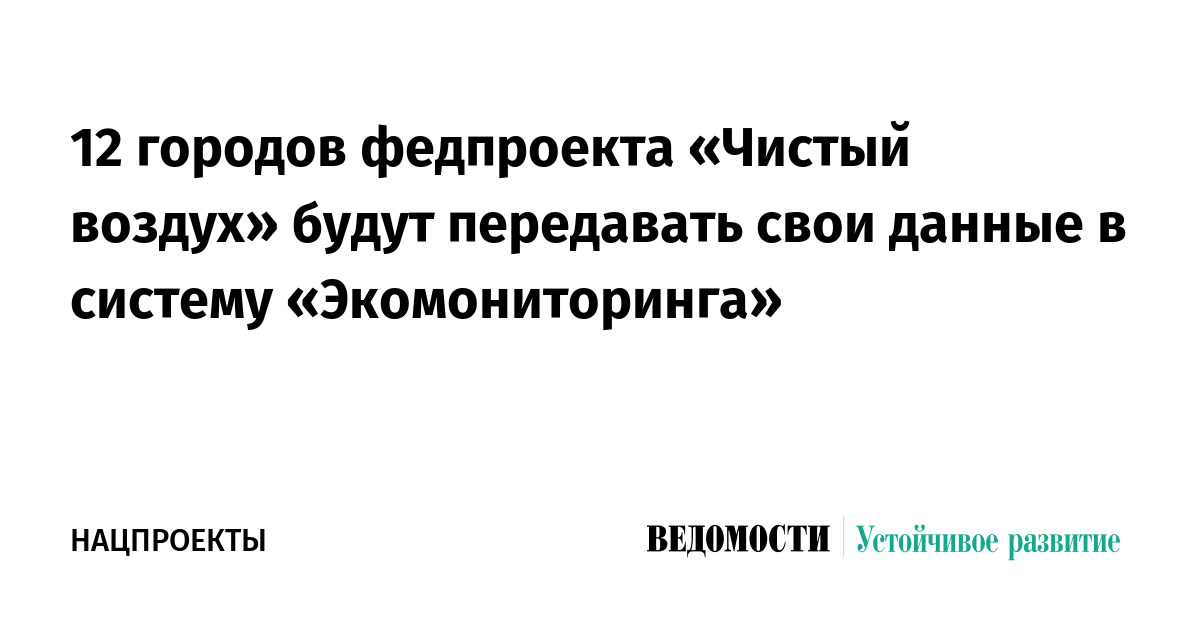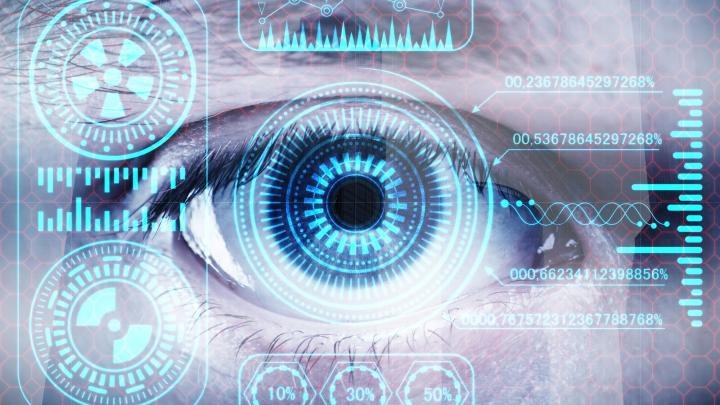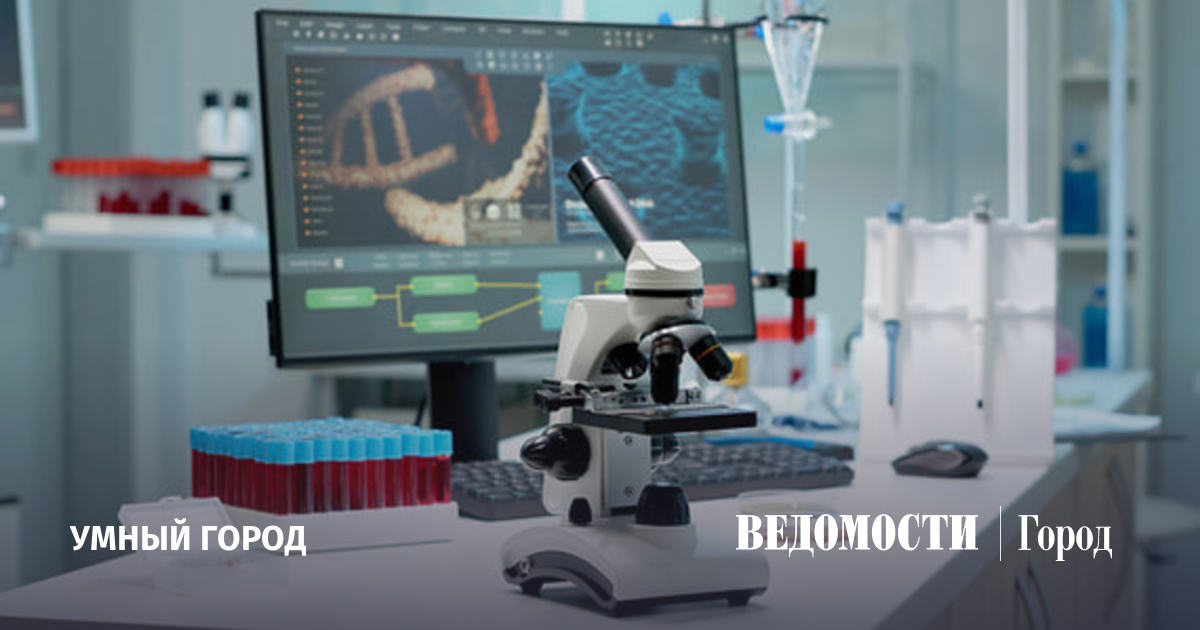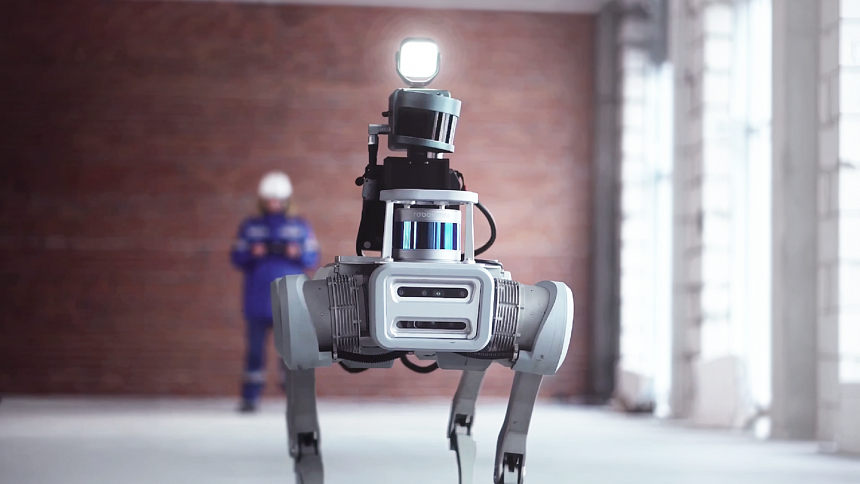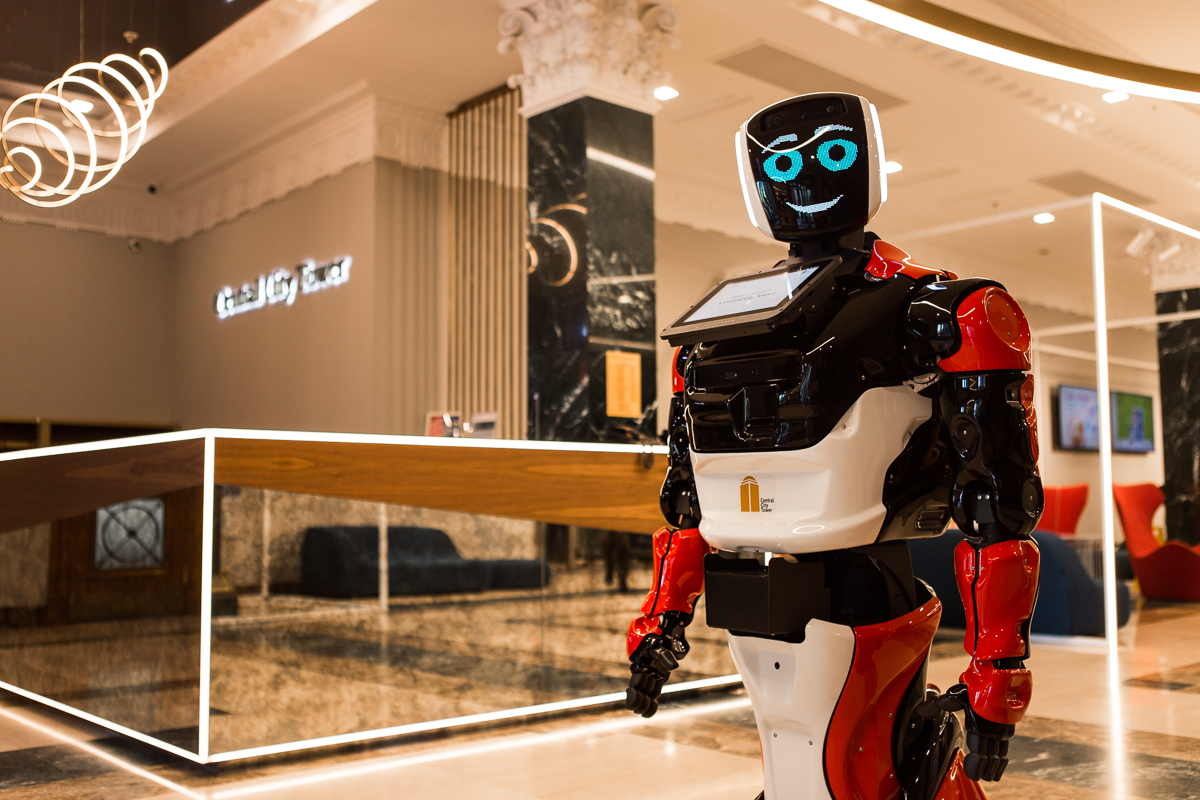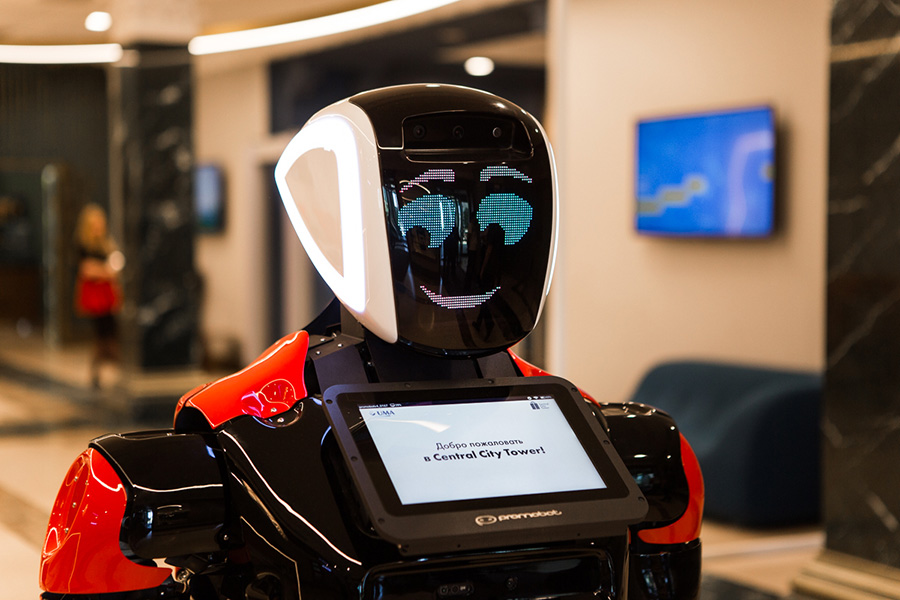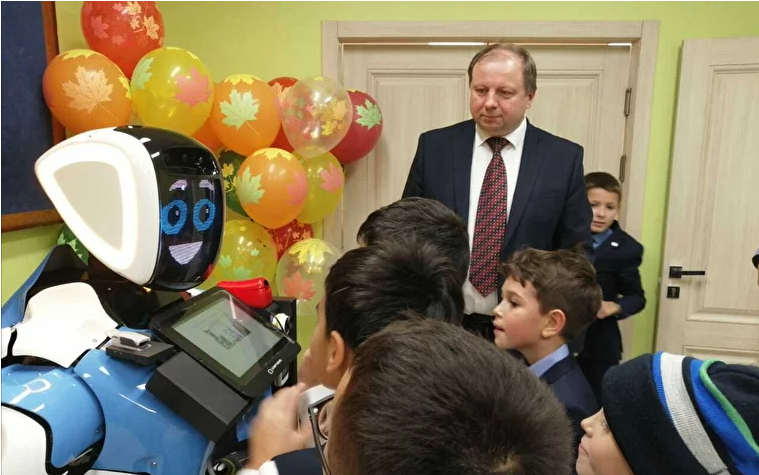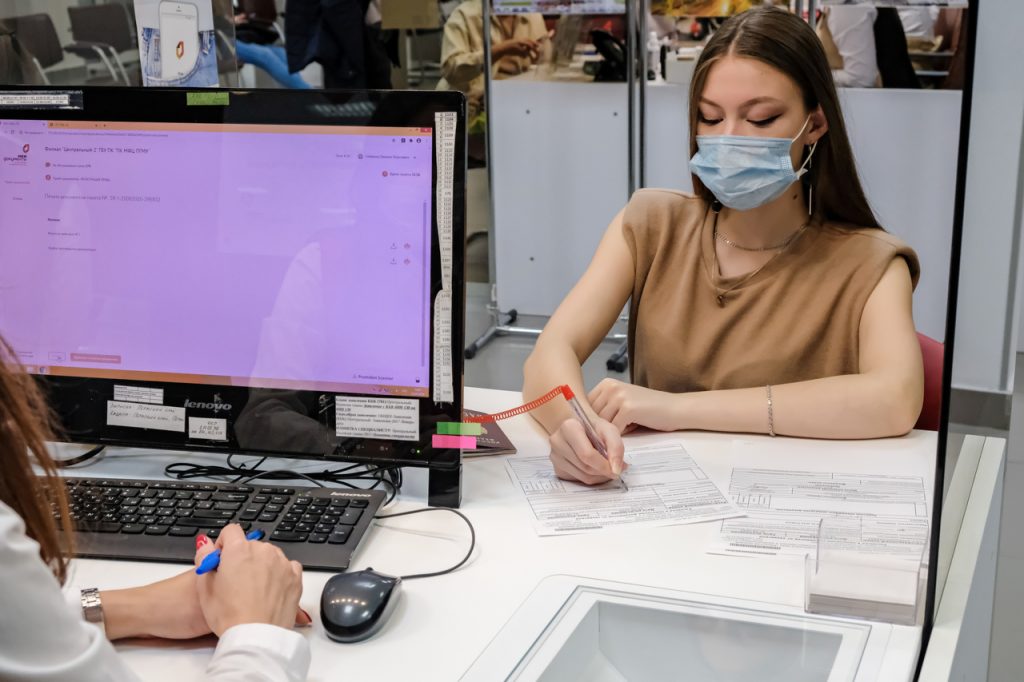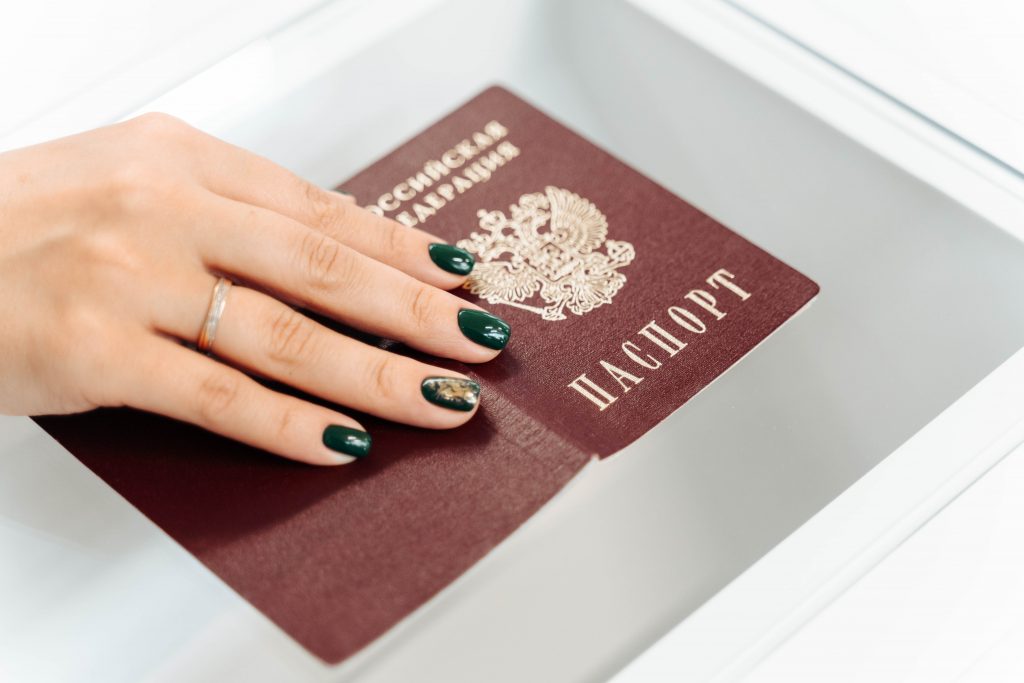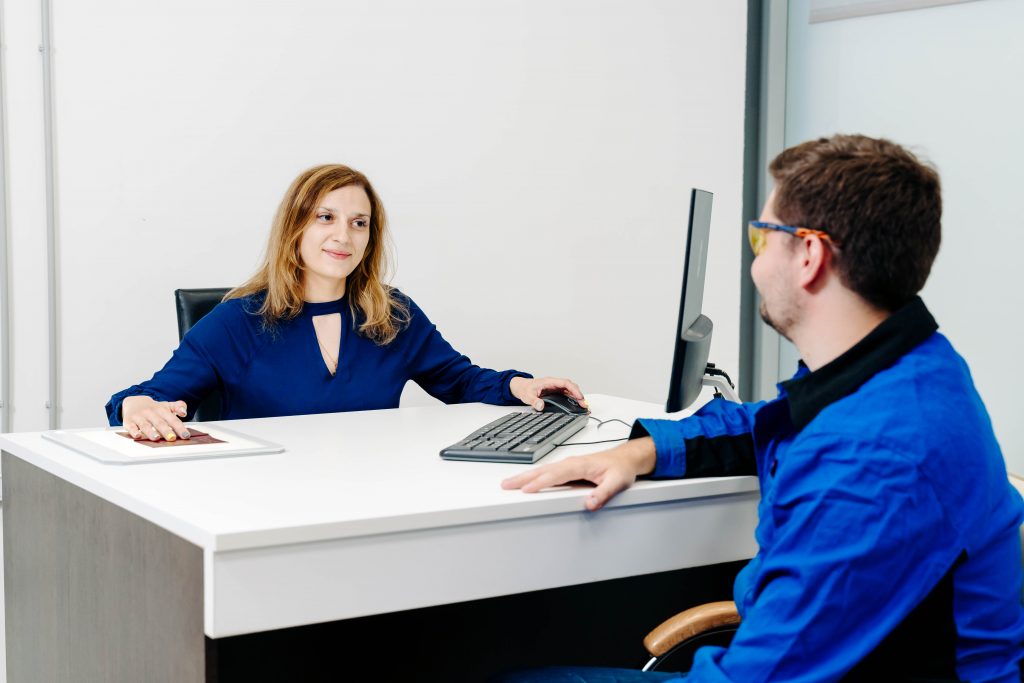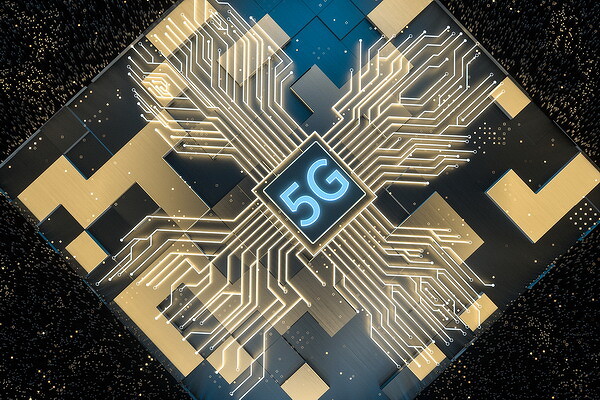Уровень проникновения финтехуслуг в стране составляет 82%

tass.ru
Skolkovo reported that Russia has become one of the leaders in the prevalence of fintech services
The penetration rate of fintech services in the country is 82%
MOSCOW, November 23,
2021. /tass/. The penetration rate of fintech services in Russia exceeds 80%, our country has become a world leader in the use of contactless payments, Pavel Novikov, director of the Center for Innovation in the financial sector of the Skolkovo Foundation, told TASS.
"The penetration rate of fintech services in our country is 82%, only India and China are ahead of us. Russia also ranks first in the world in the use of contactless payments. Now Sk Fintech Hub consists of 100 technology companies with a total revenue of more than 14 billion rubles for 2020, which is about 10% of the revenue of all 3,100 residents of Skolkovo," Novikov said.
According to Dsight, a resident of Skolkovo, the volume of venture investments in Russia for the first half of 2021 amounted to $1 billion. Investments in fintech over the same period amounted to $78 million in eight transactions. For comparison, the global volume of venture capital investments for the first half of 2021 amounted to $291 billion, according to CBInsights. As of 2020, there were more than 400 fintech startups in Russia, every month 5-6 fintech companies are examined and receive the status of a Skolkovo participant.
According to Novikov, there are many definitions of fintech, "banks, insurance companies, brokers, exchanges, regulators, venture funds and technology companies are involved here." At the same time, fintech companies by their nature "disrupt" banks, that is, they play against banks and eat away "pieces" from them, destroy old business models due to hyperautomatization, artificial intelligence (AI), speed and a better understanding of the needs of the end user.
"Russia has historically had a unique environment in which leading banks are often not inferior to startups in the quality and set of services. The only thing where startups are definitely leading is the speed of bringing breakthrough products and technologies to the market due to rapid testing of hypotheses and an ultra-fine understanding of customer needs," the expert explained.
The main technologies of the market
Among the main areas in which Russian banks are interested today, Skolkovo highlights neobanks and payment services, financial marketplaces and wallets, embedded finance, personal finance management, loyalty program solutions, secure processing of personal data, cybersecurity, automation of banking processes and cloud technologies.
Skolkovo acts as a partner in the creation and implementation of an innovation strategy. This is not only digitalization, but also a strategy for working with data, customers and employees, and investments. We help to change the culture and processes within the corporation, and then select the appropriate tools for implementing an innovation strategy. In other words, we give not only a design project, but together we "build", finance and are responsible for the result," Novikov said.
Thus, corporations can count on 50-50 parity financing of the project when introducing innovations, which, as a rule, carry serious risks. In particular, such areas now include technologies using artificial intelligence, blockchain, virtual and augmented reality (AR/VR) technologies, 5G, and quantum computing.
According to Novikov, there are several basic tools for introducing innovations for corporations that the fund offers. You can conditionally divide the tools into tactical and strategic. For example, a contest, hackathon, meetup, stratsession, workshop are quick tactical tools, and the launch of an R&D center, venture studio or corporate fund are strategic tools. Over the past two years, the Skolkovo Foundation has launched more than 50 programs aimed at introducing innovations in corporations and developing the startup ecosystem.
Skolkovo Corporate Accelerators
The corporate accelerator, as noted in Skolkovo, is one of the most popular tools among corporations. The result of the work, most often, is the launch of a pilot with a startup. As part of the accelerator, work is being carried out to collect requests, the so-called "digital checkout", and a map of the company's needs is being compiled, for which solutions are being sought in the future - technology companies that will be able to solve business problems.
So, Skolkovo and Rosselkhoznadzor launched a program to select projects at the junction of fintech and agrotech. 350 companies participated in it, of which 10 finalists, 6 companies have successfully implemented pilots and are now scaling their projects with RSHB. For example, Agroservice improved the process of buying agricultural animals in digital format, and the Tensor Fields team implemented the innovative Crop Forecast service on Its Farming platform.
In cooperation with Sovcombank, Skolkovo launched two projects - a Digital Checkout and a hackathon to find highly qualified employees: system analysts and Java developers. And in partnership with BCS, he conducted a market research to search for requests for new banking services from small and medium-sized businesses. So, everyone wants to know: what does the client want? What product should I produce? With what parameters? All these questions are answered by an internal food factory, the basis of which is market research.
"We have just completed the selection of innovative projects for the VTB corporate accelerator. Out of 677 applications, 22 companies have reached the final and are already preparing pilots in a number of areas: digital client paths, customer service services, non-bank services for B2C clients, automation of internal processes, cybersecurity solutions, digital solutions for retail business, services for dealing with overdue debts," Novikov said.
New financial instruments
Now most large corporations, including banks, as Novikov said, are forming digital strategies. And they separately highlight the topic of working with big data. Specialists, new approaches and solutions are needed to make the right decisions based on large amounts of data. For example, together with VTB, Skolkovo launched the Data Fusion initiative, which is a competition of the best teams and a conference of specialists in this field.
"According to our data, there are only 50 thousand different levels of data analysts in Russia. Approximately 10 thousand of them can be attributed to data scientists who are engaged not just in system analysis, but use advanced machine learning methods and algorithms for data analysis. Of these 10 thousand specialists, we selected about a thousand to participate in Data Fusion. And only six solutions were recognized as the best," the representative of the fund said.
Among the winners, for example, are the models that most effectively predict brands and product categories. And blank models for subsequent use in the bank as recommendation, scoring systems for optimizing user experience and enriching the user's digital footprint.
In the future, according to Novikov, Skolkovo plans to bring several new services to the market. In particular, it is a study of markets, trends, technologies in a broad sense. Based on the results of such a study, for example, the company will be able to make an informed decision on the takeover of a particular business. The Fund can select candidate companies for mergers or acquisitions of companies (M&A) and conduct investment and technological expertise, significantly reducing the risk of an investor in innovation.
Skolkovo is already implementing a project to launch a venture studio for one of the largest banks in the country. Ten venture studios are currently operating in Russia at different stages of development. The model is complex, requires a significant resource from the investor and immersion in the activities of portfolio companies. The Skolkovo team can significantly simplify the life of both a startup and an investor by taking on some of the tasks themselves. Our goal is to become a leader among venture studio operators, by analogy with the corporate accelerator market," Novikov concluded.
Компания «Промобот» совершила поставку двадцати устройств Promobot Scanner для сети стоматологических центров «Эксклюзив-Дент», которая располагается в Казани. Promobot Scanner позволяет отсканировать текст, при этом распознает данные документов и передает их в поля информационной системы...

promo-bot.ru
In Tatarstan clinics, the device with artificial intelligence will begin to register patients
December 27, 2022
The Promobot company has delivered twenty Promobot Scanner devices for the Exclusive-Dent network of dental centers, which is located in Kazan.
Promobot Scanner allows you to scan text, at the same time recognizes the data of documents and transmits them to the fields of the information system of the medical institution in just 4 seconds. The document recognition scanner is installed at the workplace in the registry. The device frees employees from manual data entry. This eliminates errors in filling out documents, improves the quality of service and reduces the time of service provision.
To enter the data of the passport, SNILS or VMI policy into the information system, you need to put the document on the scanner and click on the "Scan text" button in the MIS interface. The device will scan the text, recognize the data and distribute it to the appropriate fields of the MIS.
Two Promobot Scanner devices already serve patients in the Perm branch of the institution. During 2022 Rostov-on-Don, Rostov-on-Don, Murmansk, Nizhny Novgorod, Rostov-on-Don, Samara, Saratov, Tyumen, and Yaroslavl will also have a document recognition scanner with artificial intelligence.
The daily saving of the working time of one employee working with the scanner today is about 45 minutes. This reduces the waiting time for visitors in the queue: now it is possible to scan the text and fill out the necessary forms about 9 times faster," commented the representative of the Exclusive-Dent clinic
Today, Promobot Scanner can scan text from 15 types of documents: from a passport of a citizen of the Russian Federation to a marriage certificate. It supports scanning the text of passports with handwritten filling and a stamp with a residence address with printed filling. Integration with 1C, AIS MFC and PC LDPE, Infoclinic systems and Medods, Renovatio, MedMIS and qMS has already been implemented for data export.
 You saw that I post more and regularly but no one reacted, so you decided to encourage me?
You saw that I post more and regularly but no one reacted, so you decided to encourage me? Not superfluous, I was surprised, but it was not unpleasant. Pass by every now and then and put some likes on it so I don't lose the point of the case..
Not superfluous, I was surprised, but it was not unpleasant. Pass by every now and then and put some likes on it so I don't lose the point of the case.. 




